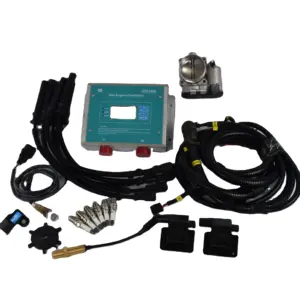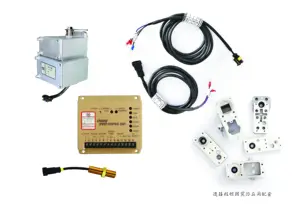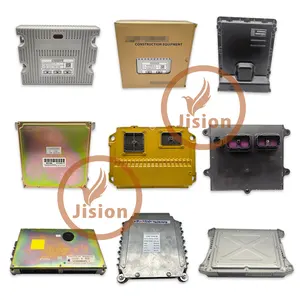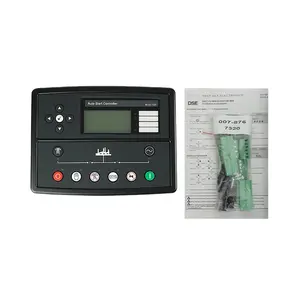Understanding the Engine Control Computer
The engine control computer (ECC), also known as the engine control unit (ECU), is the brain behind the electronic management of your vehicle's engine. This sophisticated module is responsible for monitoring and adjusting the engine's functions to ensure optimal performance, fuel efficiency, and emissions control. The ECC's role is critical in modern automotive design, influencing everything from ignition timing to air/fuel ratios.
Types and Applications of ECC
There is a diverse range of ECCs tailored to different vehicle models and makes, such as the ford ecm and ecm jeep wrangler. Each is designed to fit the specific requirements of the vehicle's engine, whether it's a compact car or a heavy-duty truck. The applications of ECCs extend beyond mere engine management; they also play a pivotal role in diagnostic processes and can be integral in the implementation of advanced driver-assistance systems.
Features and Materials
An engine control computer is engineered with precision, utilizing robust materials that can withstand the harsh conditions of an automotive environment. The internal circuitry, often housed within a durable metal or hard plastic case, includes processors and memory units that manage complex algorithms. The ECC interfaces with various sensors and actuators, processing real-time data to execute critical engine decisions.
Advantages of Upgrading or Replacing ECC
Upgrading or executing an engine control computer replacement can rejuvenate a vehicle's performance. A new ECC may improve engine response, fuel efficiency, and even emissions profiles. For instance, owners of specific models might seek a rav4 ecm or a nissan altima ecm to replace outdated units. The replacement process often involves engine control computer programming to ensure the new unit communicates effectively with the vehicle's existing systems.
Selection and Compatibility
Choosing the right ECC, such as an ecm for ford f150 or a toyota rav4 engine control module, requires understanding the compatibility with your vehicle. It's essential to consider the ECC's specifications and ensure they align with the vehicle's make, model, and engine type. Compatibility is key to maintaining the integrity of the engine's performance and the vehicle's overall functionality.
Conclusion
The engine control computer is a cornerstone component in modern vehicles, influencing their efficiency, safety, and reliability. While selecting an ECC, it's crucial to consider the specific needs of your vehicle and ensure compatibility with existing systems. With advancements in automotive technology, the ECC continues to evolve, offering more sophisticated control and diagnostics to keep your vehicle running at its best.











































 浙公网安备 33010002000092号
浙公网安备 33010002000092号 浙B2-20120091-4
浙B2-20120091-4